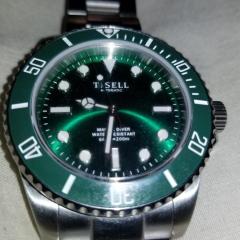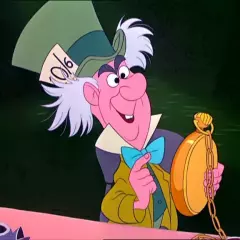-
Recently Browsing
- No registered users viewing this page.
-
Topics
-
Posts
-
By Neverenoughwatches · Posted
Could be for a big production lathe, they sometimes have drive belts like this. -
By Neverenoughwatches · Posted
So putting lubrication on top of epilame is bad, it would bead off and not stay where you put it. -
That link is so cool! I will read through it as it looks like interesting reading!! Thank you.







Recommended Posts
Join the conversation
You can post now and register later. If you have an account, sign in now to post with your account.
Note: Your post will require moderator approval before it will be visible.